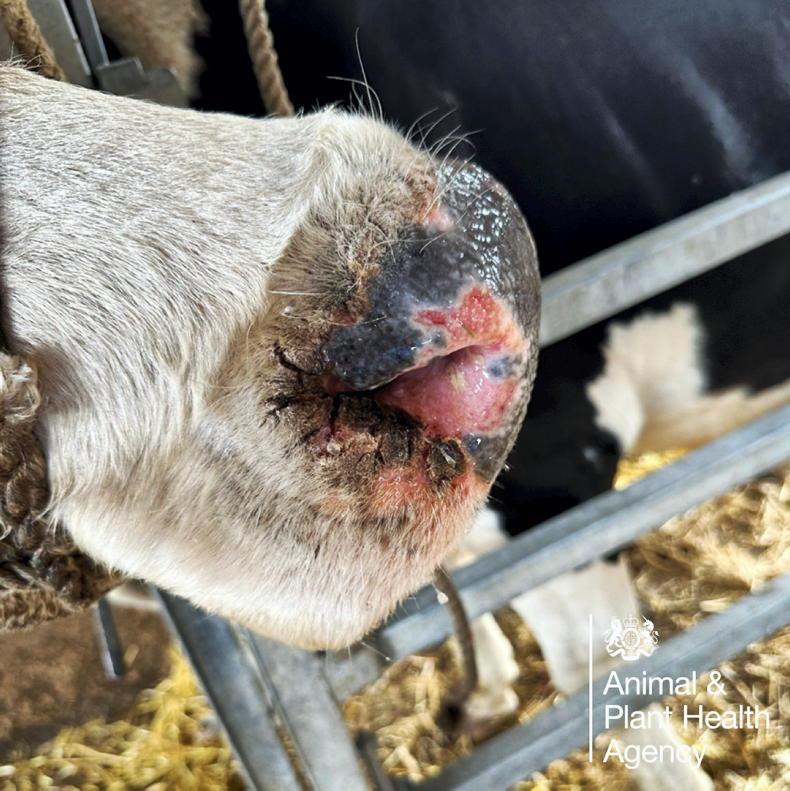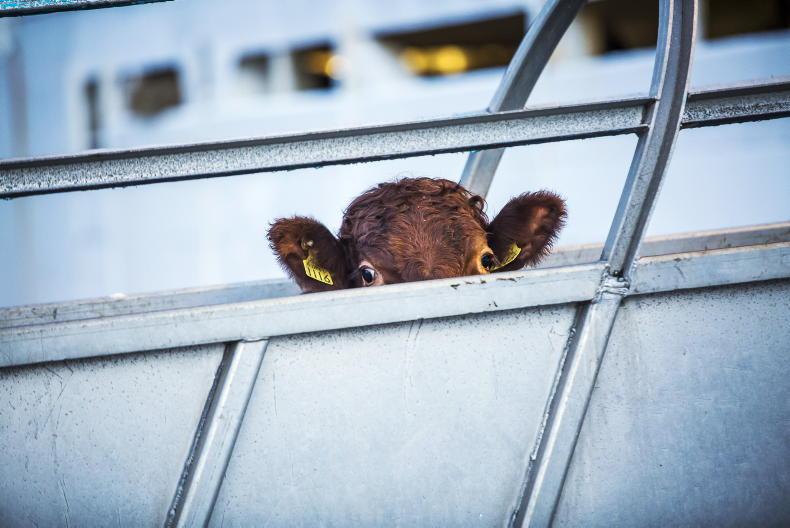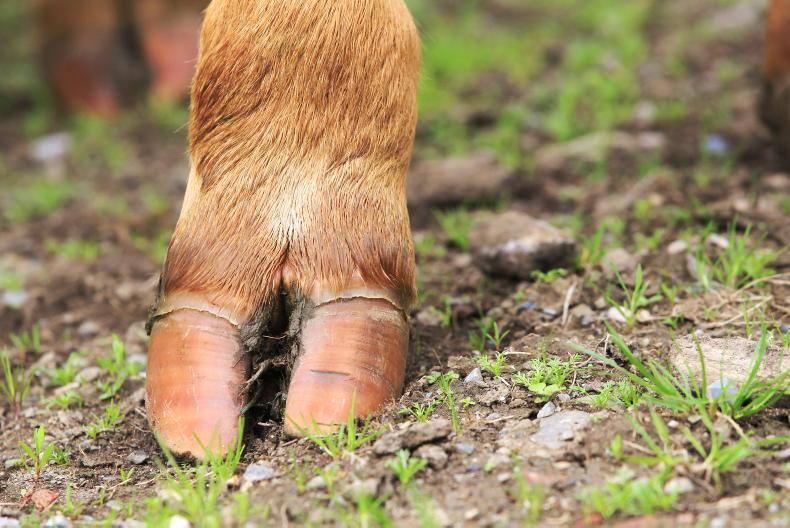The investigation by food standards agencies into Russell Hume, the UK business that supplied meat to high-profile customers such as JD Wetherspoon and Jamie Oliver, continues.
In a new development, the Food Standards Agency (FSA) and Food Standards Scotland (FSS) this week announced that an industry-wide review of cutting plants and cold stores would be undertaken in light of what has been discovered at Russell Hume and previously at poultry processor 2 Sisters.
Inspection and controls at cutting plants and storage facilities are nowhere near the same level of control or scrutiny that takes place in abattoirs.
The basic premise of EU Food legislation is that the food business operator is completely responsible for what goes on in the factory. Regulation and inspection audits by authorities are intended to confirm that rules are being adhered to, much in the way that the farm assurance inspections do on farms in relation to quality assurance schemes.
However, not all factory scrutiny is equal in the meat industry.
Inside the abbatoir
At abattoir level, EU official controls legislation requires that a vet and team of assistants or meat inspectors are in place during the entire slaughter process.
This means that cattle or sheep are inspected prior to slaughter, identity is confirmed and various other inspections are carried out by meat inspectors as the animal makes its way through the abattoir.
The primary function of this presence is to assure animal health and welfare, with the parallel benefit of ensuring that the factory is at all times compliant with hygiene legislation as well.
Outside the abattoir
Outside of the abattoir, when the carcase is deboned and moves on to packaging and storage, scrutiny is greatly reduced. When this process is carried out on a separate location from an abattoir, visits from inspectors are periodic rather than a permanent presence.
The process of inspections in Britain is frequently carried out by local authorities under the overall remit of the FSA and FSS. Different delivery agents across Britain mean that issues such as local resourcing has the potential to affect how well the job is done.
In contrast, in both jurisdictions in Ireland, the inspection process is organised at a national level and carried out by staff of a government department.
What can go wrong?
When the horsemeat scandal was at its peak in 2013, the problems were found outside the abattoir sector and in the further processing side of the industry.
Such was the scare that the major supermarket and burger chains received at that time that they now police their supply chain to an amazingly high level.
In addition to multiple unannounced audits, it is common for the supermarkets, who are customers of the factories, to have whistleblower contact numbers in place throughout the factory premises to facilitate reporting of any suspected wrongdoing.
The wider catering industry has not had such monitoring.
The focus of the recent FSA/FSS investigation appears to have been on use-by dates.
There is no allegation or suggestion that Russell Hume or 2 Sisters have engaged in any illegal or unauthorised activity.
However, given the level of supervision, there is plenty of opportunity for unscrupulous operators, acting illegally, to engage in other types of mislabelling that could add value to what is in the box or packet.
Beef prices
It is a reality that beef, in particular, costs more in the UK than it does in Ireland. Within the UK, Scotland is the highest priced region, with Scotch beef and lamb having a protected geographical indication (PGI) designation.
Beef prices in the EU tend to be lowest in the former eastern bloc countries.
Therefore, if an unscrupulous business decided to do so, it could buy steaks from Romania, repackage them and describe them in whatever way it chose to.
If those steaks were labelled in the UK with UK branding and quality marks, they would be worth much more than if they had Romanian labelling.
Of course, this would be fraud and reputable businesses wouldn’t engage in such activity, but the point is that the level of scrutiny isn’t sufficient to capture it if it was going on.
Professor Chris Elliott in this week’s Irish Farmers Journal referred to a PWC report that estimated the cost of food fraud as being €50bn.
The fact that something is illegal doesn’t mean it cannot happen. Will the FSA and FSS wider investigation uncover something we did not know about until now?
While there is no current investigation in Ireland, we can never assume it couldn’t happen here.
The horsemeat scandal proved that an issue uncovered by Irish authorities was, in fact, a pan-European issue.
Big change in attitudes since horsegate
Farmers and growers least likely to be blamed for food fraud – UK study
Report raises fresh concerns around meat labelling in Europe










SHARING OPTIONS